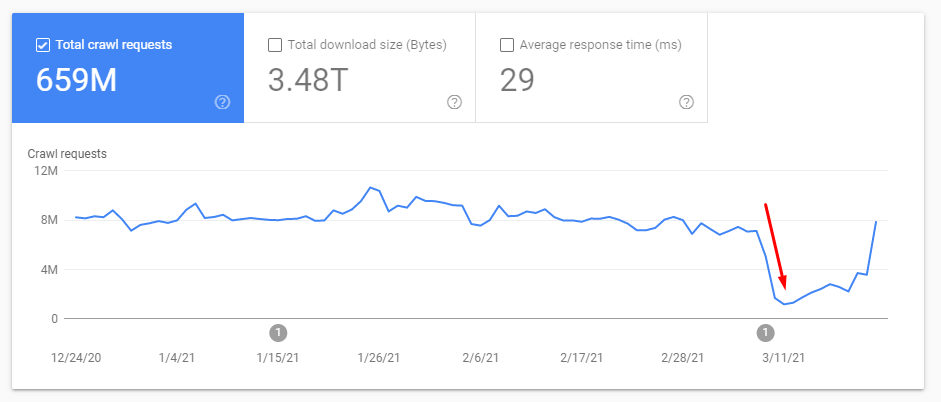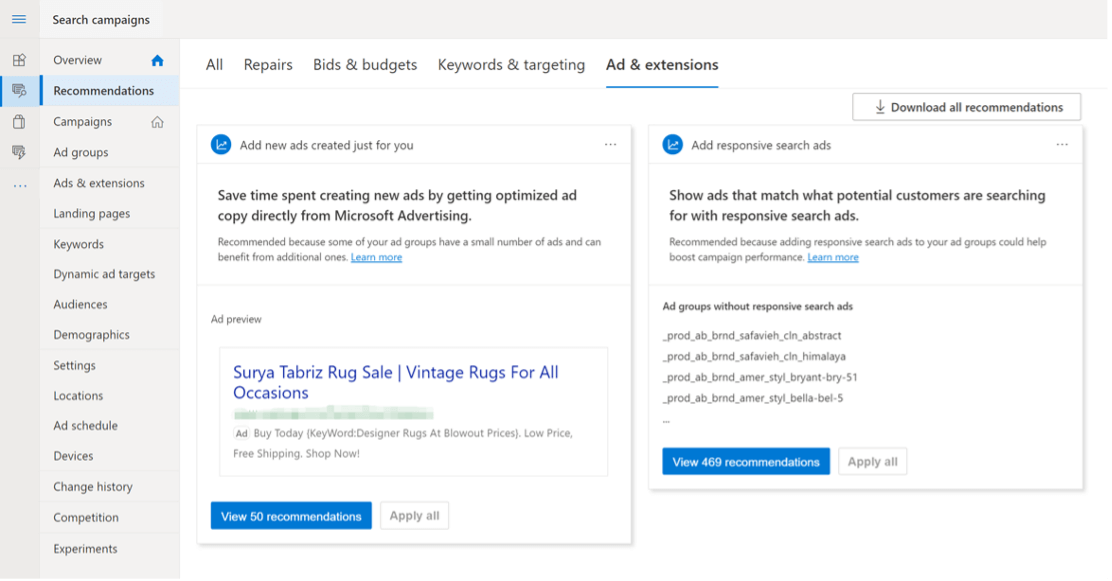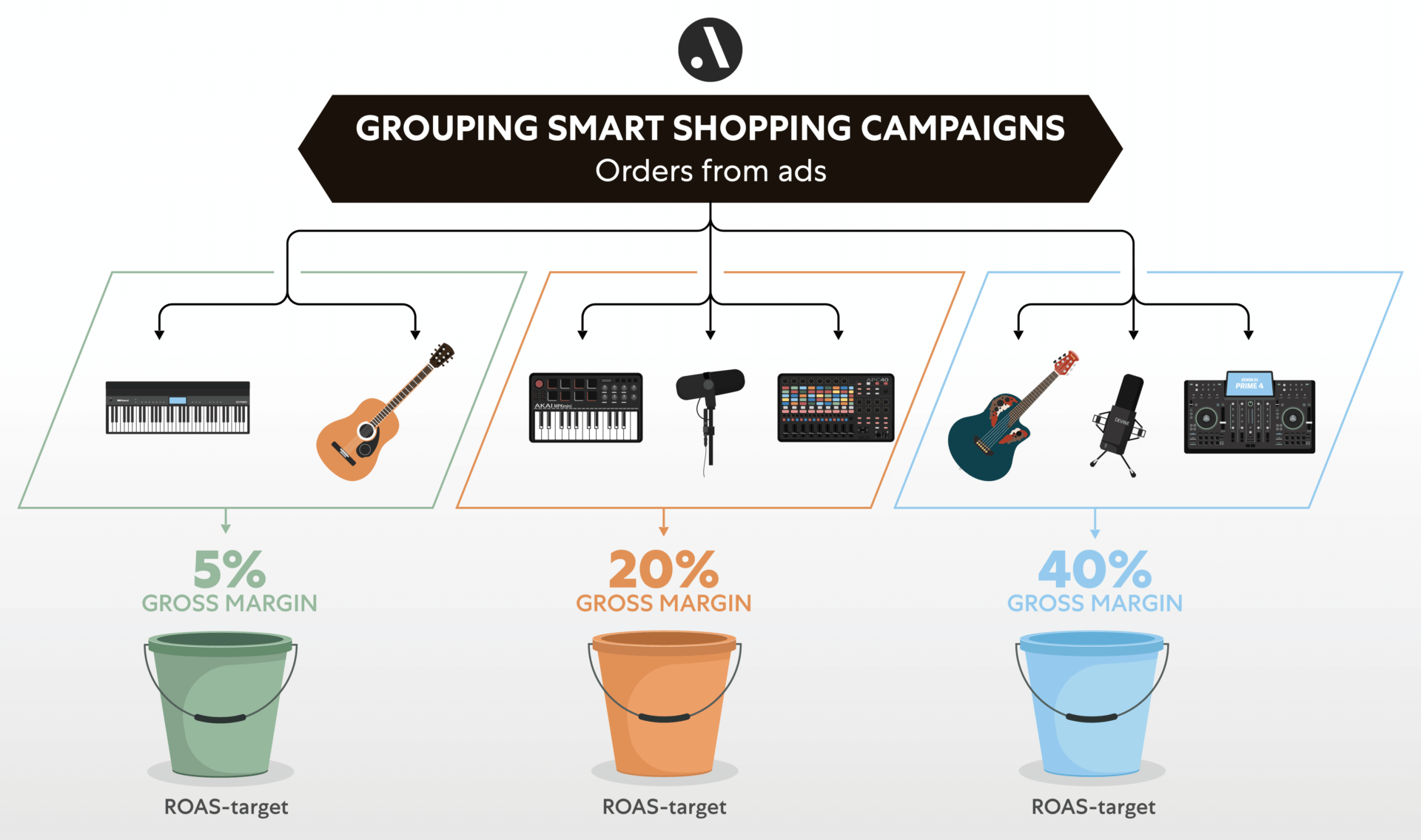Search Engine Land’s daily brief features daily insights, news, tips, and essential bits of wisdom for today’s search marketer. If you would like to read this before the rest of the internet does, sign up here to get it delivered to your inbox daily.
Good morning, Marketers, I’ve got to go off on a bit of a rant on this zero click business.
Rand Fishkin of Sparktoro came out with a study saying about 65% of all searches in Google Search do not lead to a click to a website. Shortly after, Google responded saying Google sends more traffic to the open web every year. One study says Google is gatekeeping the search traffic and Google saying, no we don’t. Who do you believe?
The truth is, both are right and both can be believed. The beauty of data, especially statistics, is that you can make numbers look like anything you want. You see it a lot during election season, where one politician can use the same data to say the complete opposite of what their opponent is saying. One of my favorite topics in college was statistics because it was so easy to take the same data source and use different statistical models to make the data say what you want it to say.
That being said, does this make a difference to you as a marketer? It does not. We can complain and whine about it but it doesn’t matter. The truth is, I believe the study that was presented by Rand Fishkin told the story Rand wanted to tell. The response Google had told the story Google wanted to present. Both are honestly wrong and not telling the full truth.
There is absolutely no way that 65% of all searches do not lead to a click to a website. But even if that is true, those clicks can lead to driving directions to your local restaurant for curbside pickup or those clicks can lead to a tap on a phone number to call the local hardware store to find out what supplied to order to fix the leaky sink in the house. Searchers can be refining their queries and not clicking on any website during that first search but then end up going to a car dealership down the road and buying that new Jeep Wrangler they always wanted.
Google’s goal is to satisfy the searcher and we search marketers don’t always think about it from the searcher’s perspective. Trust me, I didn’t think about it this way for years. But if you search for the weather, Google wants to tell you the weather and not make you click on a website to find who won last night’s tennis match. At the same time, there are many queries that drive people to websites, including featured snippets that, if you remember, we lost for a few weeks earlier this month, and we were all complaining we wanted back.
So don’t read a blanket study about how evil Google is and take it at face value and, at the same time, don’t read Google’s official response and take that at face value. There is a middle ground. These studies can be more transparent and, at the same time, Google can and should be more transparent with its data. As search marketers, we have to focus on how to get the best and most useful traffic to our customers and focus less of our time on complaining about who is right or wrong.
Barry Schwartz,
Search Peacemaker
New practice problem and math solver structured data


We have brand new, out of the box, structured data for you all to play with – that is if you are in the education content business. Google has added new practice problem and math solver structured data support to their developer documentation. Yes, this is for the practice problem search results we spotted back in January – remember those? If not, you will be quizzed on it later.
Google also released updates to Google Search Console’s rich results report to show debugging information around the new practice problem and math solver structured data. They updated their rich results testing tool to help you fix issues related to those new structured data types.
Google announces global launch of property promotion ads for hotels
Property promotion ads are now available globally for hotels looking to capture demand for users who are searching but don’t know what hotel they’d like to book.
“They show prominently in search results for geographical locations, allowing advertisers to position specific hotels in a particular place. Previous to this launch, direct participation in property promotion ads was done through a whitelist,” wrote Peter Fernandez, Product Manager, Hotel Ads in the announcement.
While standard hotel booking link ads are meant for advertisers to capture a booking for a hotel a user already chose, property promotion ads are designed to enable advertisers to influence the buying decision for users still looking for a hotel.
Why we care. With the COVID-19 vaccine rolling out across the US and globally, more travel-related industries are hoping to capitalize on the incremental increase in travelers–for both business and pleasure. As more people are booking flights and hotels, these newly available ads can help hotels reach consumers who are more top- to middle-of-funnel searchers in the travel space.
Google Search Console crawl stats report bug


Google informed us that there was an internal data issue with the crawl stats report in Google Search Console. This may have resulted in a drop in your data between the dates of March 10th and March 23rd. So if you saw this decline in your crawl data within this report, do not be alarmed – it was a reporting issue.
Glenn Gabe shared a screenshot (see above) of showing how alarming this data issue can be, but again, it is a bug on Google’s end and there is nothing for you to do.
Google said this reporting issue does not reflect an issue with actual crawling or accessibility of your website.
Microsoft Advertising introduces more automation via ad suggestions with auto-apply


Beginning this month, Microsoft Advertising users may see ad suggestions with auto-apply on their Recommendations page, the company announced Thursday.
The ad suggestions are variations of your existing ads, based on their keywords, landing page, targeting, ad extensions and other relevant content. Microsoft Advertising will generate them when it thinks an ad group may be better served with more quality ads, which also means that many ad groups may never get suggestions. At any given time, advertisers will receive a maximum of 50 suggestions per account.
It’s important to note that ad suggestions marked as auto-apply will start serving after 14 days if no action is taken. We’ve reached out to Microsoft about whether this is going to be enabled by default, and we’ll update our article with their response. You can also navigate to your Account settings page to toggle the auto-apply setting on or off.
FTC letters, hyphenated words, robots/noindex and first-party data.
FTC warning letter Google penalty. The FTC has been sending out warning letters to some websites over providing misleading information around COVID-19 and other health matters. John Mueller of Google was asked if Google takes into account these notices from the FTC, the answer seems to be no – but should they?
Hyphenated words. Does Google understand words with and without hyphens differently? The answer is, it depends, of course. But it is much more complicated than yes or no, Google uses many techniques to understand language as explained by Google’s John Mueller.
Robots & noindex PSA. Gary Illyes from Google posted a PSA on Twitter saying “your periodic reminder that crawlers that obey robotstxt won’t see a noindex directive on a page if said page is disallowed for crawling.”
First-party data for vanity domains. Ginny Marvin was asked if sub-domains count for first-party data purposes with Google Ads. Ginny said “subdomains, country TLDs and vanity URLs owned by the same company would be considered a first-party context. (I believe for vanity URLs there’s a 5 domain limit per first-party set.)”
We’ve curated our picks from across the web so you can retire your feed reader.
- A subscriptions lab for European publishers – Google Blog
- Entity-Based Search For Advanced SEO – Schema App Solutions
- Introducing ad suggestions with auto-apply – Microsoft Advertising
- The majority of US adults have no interest in voice shopping – eMarketer
- Will Google Rollout The Page Experience Update Slowly Over Time Or All At The Same Time – Search Engine Roundtable



